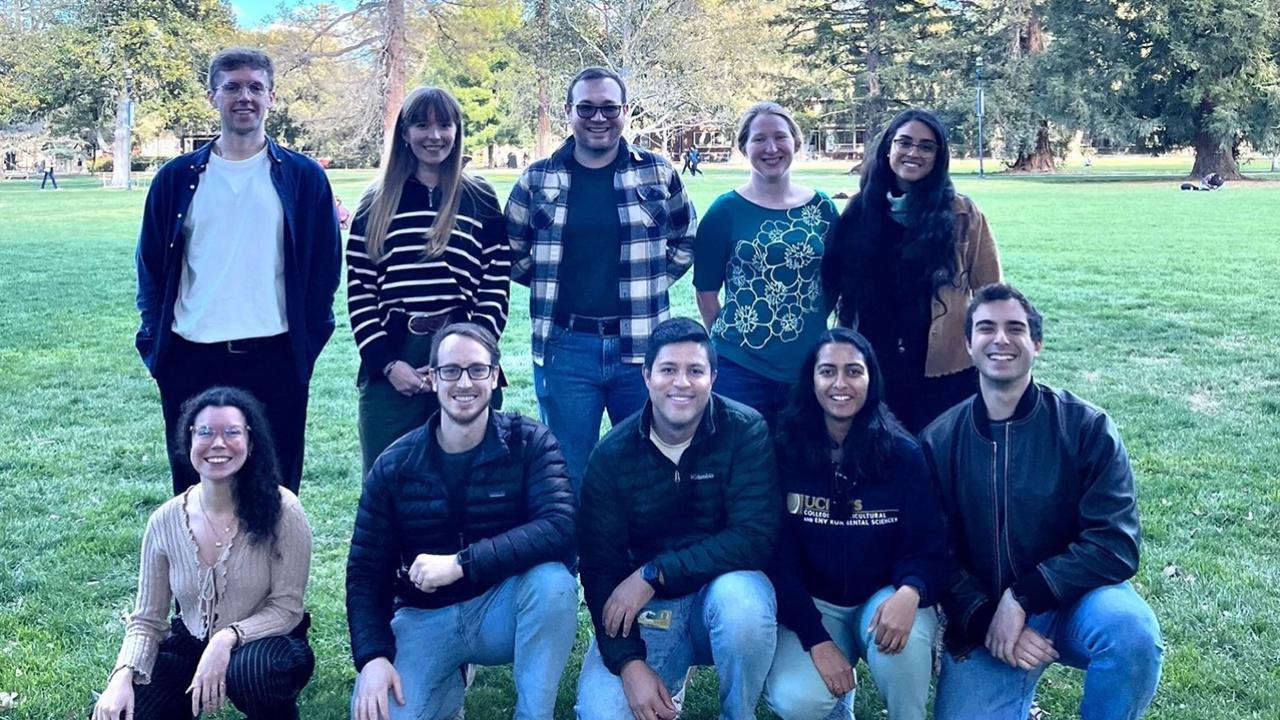
Plant Sciences Symposium explores plants in the climate crisis
Friday, May 12, at Buehler Alumni Center
Get the day's schedule
.
The 12th annual UC Davis Plant Sciences Symposium 2023 will focus on "Plants in the climate crisis," with an outstanding line-up of speakers tackling the 21st century's most significant global challenge.
We are thrilled to bring together the plant sciences community for a hybrid symposium organized and hosted by UC Davis graduate students. This year's event will be on campus from 8:30 a.m. to 7 p.m. Friday, May 12, at the Walter A. Buehler Alumni Center. The schedule includes research presentations and opportunities to engage with scientists at all career stages in academia and public and private industries. The symposium will be live-streamed with closed captioning.
Understanding the growth and development of flora under a rapidly changing climate poses an enormous obstacle that will require a multidisciplinary approach. Our symposium spans expertise from molecular to societal research and diversity in career stages. We will hear from four speakers from across California and the Midwest: Sabeeha Merchant and Sheng Luan from UC Berkeley, Lawren Sack from UCLA, and Sara Lira from Corteva Agriscience. In addition, we welcome 11 speakers from the Department of Plant Sciences, nine flash talks and more than 30 poster presentations.
Previous symposia have been very successful and drawn a diverse audience of scientists. The attendees will comprise undergraduate and graduate students, faculty and industry professionals.
Speakers
Sabeeha Merchant’s presentation is, "Not too bright, not too dark, just right: Adjusting to light."
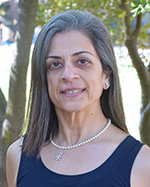
She is a distinguished professor of plant and microbial biology at the University of California, Berkeley. Her research focuses on understanding the dynamics of essential trace-metal metabolism and homeostasis in green alga, Chlamydomonas reinhardtii, using it as a reference system in the context of chloroplast biology and photosynthesis. Dr. Merchant has been elected to the U.S. National Academy of Sciences, the American Academy of Arts and Sciences, and the German Academy of Sciences Leopoldina, and she was most recently recognized as a Pioneer Member of the American Society of Plant Biologists.
Sara Lira’s presentation is, "Partnerships for climate smart agriculture."
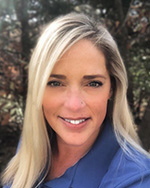
She is a research scientist at Corteva Agriscience. She graduated from Iowa State with a B.S. in Ecology, an M.S. in Genetics and a Ph.D. in Plant Breeding. She spent most of her career as a corn breeder in Iowa for Pioneer and Corteva, but in 2019 transitioned her focus to breeding for sustainable cropping systems. Lately, her team has been working on cover, double and relay systems for the Midwest, especially those that sustainably intensify corn and soybean production.
Sheng Luan’s presentation is, "Calcium signaling and nutrient use efficiency in plants."
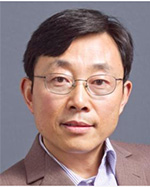
He is a professor and chair of the Department of Plant and Microbial Biology at UC, Berkeley. His research is focused on studying the calcium signaling mechanisms encompassing the encoding of calcium signatures through calcium channels and their decoding by the CBL-CIPK network. Downstream of these initial signaling processes, plants respond to environmental changes by modifying biochemical processes, such as those occurring in the plasma membrane, vacuolar membrane and chloroplasts. Dr. Luan has received the ASPB Fellow Award from the American Society of Plant Biologists and has been highlighted by Web of Science, Clarivate, as a Highly Cited Researcher for the past eight years. Recently, Dr. Luan was awarded a Chancellor's Professorship, having demonstrated exceptional academic merit.
Lawren Sack’s presentation is, "Plant drought sensitivity, from cells to ecosystems to continent."
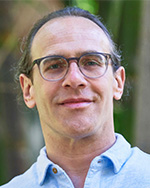
He is a professor in the Department of Ecology and Evolutionary Biology at UC Los Angeles. His research is engaged across a broad spectrum of projects with the common focus of understanding plant function, structural and physiological diversity evolution, and the implications for ecosystems under global change. Mainly, the principle is applied to leaf and plant hydraulics traits, drought tolerance, trait diversity within lineages, and the impacts of climate change on species and ecosystems. Dr. Sack was named among the most highly cited researchers by UCLA in 2022, placing him among the world's most influential researchers.
Diversity matters
We are committed to promoting the diversity, equity, and inclusivity that our community strives for. The symposium will include the hybrid attendance option, closed captioning of live talks, quiet space, and wide walkways. The symposium venue will be the Walter A. Buehler Alumni Center on campus. We should take a moment to acknowledge the land on which we are gathered. For thousands of years, this land has been the home of the Patwin people. Today, there are three federally recognized Patwin tribes: Cachil DeHe Band of Wintun Indians of the Colusa Indian Community, Kletsel Dehe Wintun Nation, and Yocha Dehe Wintun Nation. The Patwin people have remained committed to the stewardship of this land over many centuries. It has been cherished and protected, as elders have instructed the young through generations. We are honored and grateful to be here today on their traditional lands. We are working to implement qualities regarding diversity, equity, and inclusivity -- please do not hesitate to contact us if you have any specific requests or concerns.
Media Resources
- Trina Kleist, tkleist@ucdavis.edu, (530) 754-6148 or (530) 601-6846
